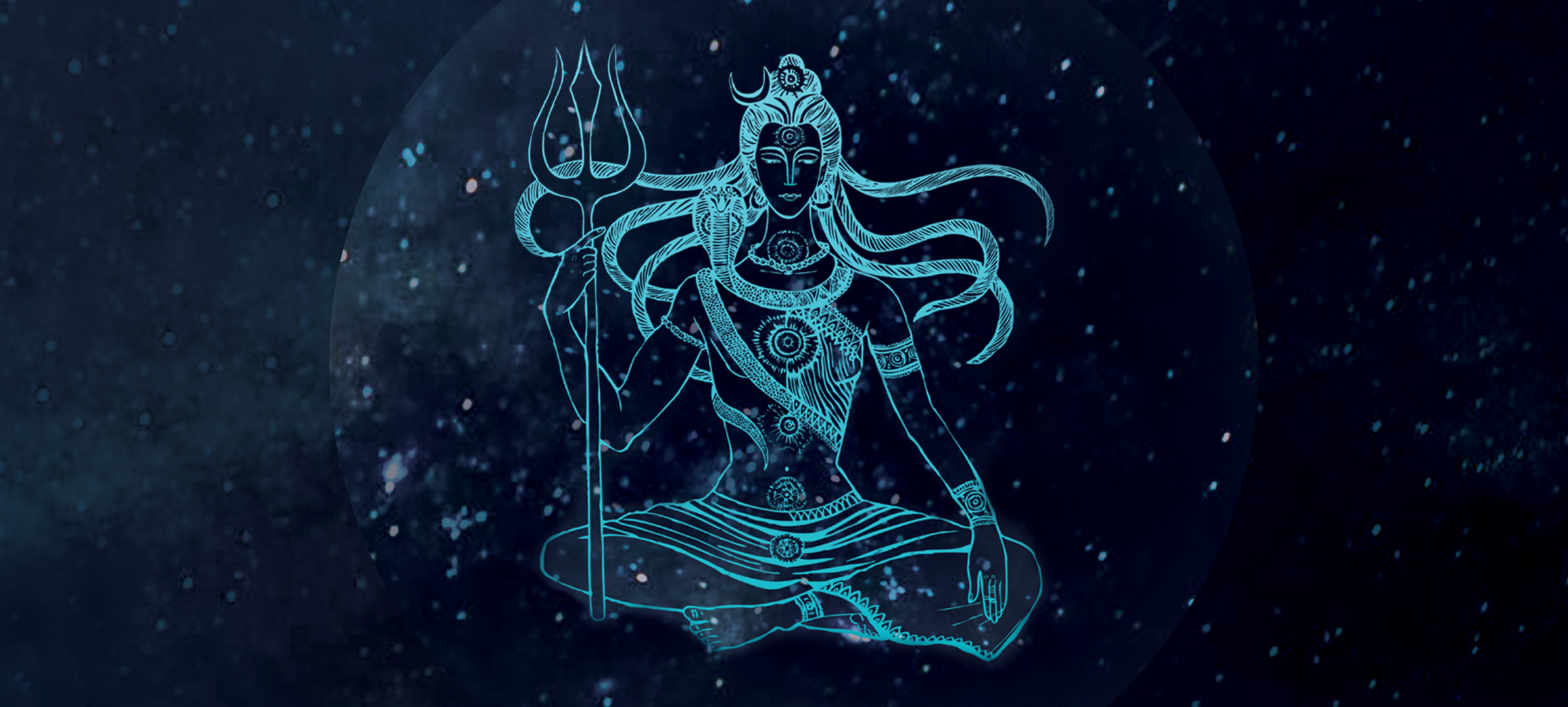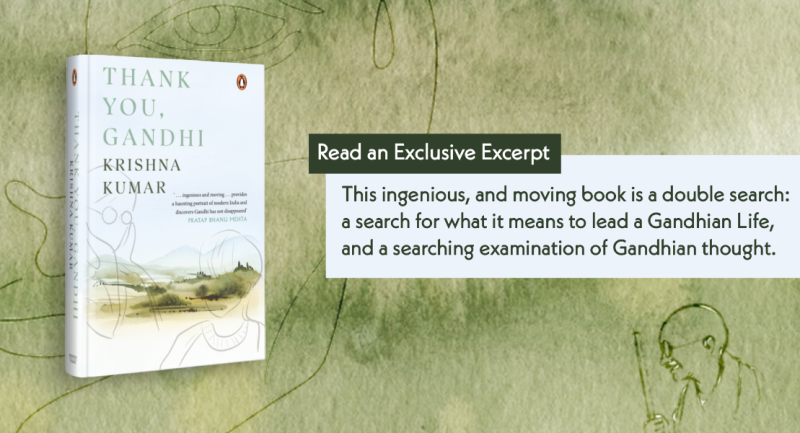
He’s the destroyer of evil, the pervasive one in whom all things lie. He is brilliant, terrifying, wild and beneficent. He is both an ascetic and a householder, both a yogi and a guru. He encompasses the masculine and the feminine, the powerful and the graceful, the Tandava and the Laasya, the darkness and the light, the divine and the human.
In her book, The Reluctant Family Man, Nilima Chitgopekar uses the life and personality of Shiva-his self-awareness, his marriage, his balance, his detachment, his contentment-to derive lessons that readers can practically apply to their own lives.
Here is an excerpt from the introduction of the book!

Many a tumultuous event in the life of Shiva is recounted in the various Puranas. Shiva led a life of contradictions, unmitigated wonder and beauty. When faced with difficulties, he had to tread gently, take a deep look into himself, sometimes go against his inherent nature, and change, when need be. In the earliest and rather scant appearances, Shiva seems to have been a marginalized deity among the pantheon of gods, and yet he has become one of the most ubiquitous. Shiva, as Rudra, started off as being a silent, brooding sort of deity, but over the centuries, a spouse and two children were grafted on to his personality. The mythographers realized that they had to retain some of Shiva’s earliest features, for the sake of authenticity, but there was also a need to expand his range. New myths were added, providing Shiva with additional traits, enhancing his repertoire and ensuring his survival in an ever-expanding celestial world. Sometimes, these traits clashed with his older image and gave rise to interesting scuffles, tussles and uneasy truces, that may or may not flare up, to provide new teachings as the millennia roll by. I have endeavoured to distil from the whole mass of Shaiva mythology a fine essence. In spite of this individual effort, as so many before, I am often stumped, for Shiva has the aura of an enigma, constantly baffling, constantly satisfying and constantly fulfilling the needs of followers through the centuries.
A group—to the uninitiated, a bizarre group—is depicted in artistic renderings, under trees amid rolling hills, with partly snow-capped mountains in the background against a golden evening sky. The scene is one of calm comfort and general contentment. Shiva and Parvati are seated on leopard skin, absorbed, preparing an intoxicating drink. Parvati is richly dressed while Shiva is resplendent in all the accoutrements of an ascetic. He has a detached yet comely look on his face, covered head to toe in white ash as snakes slither around his neck. A smaller figure on the side is that of Skanda with six heads, and yet another is of Ganesha, who has an elephant’s head and the torso of a prepubescent boy. This is the most well-known celestial family, referred to as Shivaparivara—Shiva with his wife and two sons. The moment you think of a god with a family, you think of Shiva, with each eminent member of his family, holding a place in the hearts of devotees in and around the subcontinent and beyond. Shiva, the father of Ganesha and Skanda. Shiva, the husband of Parvati. Shiva, the son-in-law of Daksha. He truly has an actual family. Then there are the hordes of ganas who are inseparable from him, a family of followers whom he adores, and whose misshapen physical bodies are simultaneously a cause for mirth and deep philosophical understanding.
However, when we look at Shiva, in a clear visual sense, he seems to be verily clothed in the traits of an ascetic. Not just any old ascetic but a pronouncedly antinomian ascetic. He is a renouncer who is not supposed to have any interest in the family hearth and in everything that ties down a male member of Hindu society. His attributes of asceticism are unique and outlandish, to say the least, denoting a disregard for personal physical appearance, and a defiance and rejection of all socially sanctioned, literally man-made conventions and rules of conformity. It also represents a forsaking of all worldly activities and social participation while functioning as a dramatic marker of ‘outsiderhood’. So, Shiva is the only major god known to be an ascetic. Therefore, he is not just a yogi but a Mahayogi. He has opted out; no mores apply to him as he leads the solitary and contemplative life.
To know more about The Reluctant Family Man, click here!









